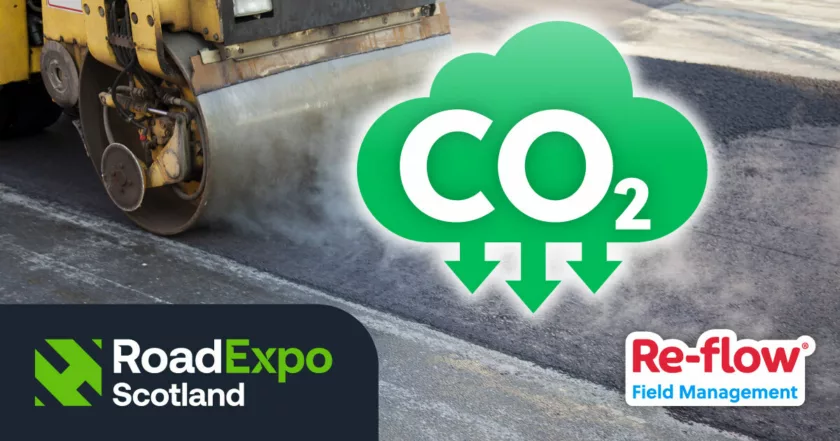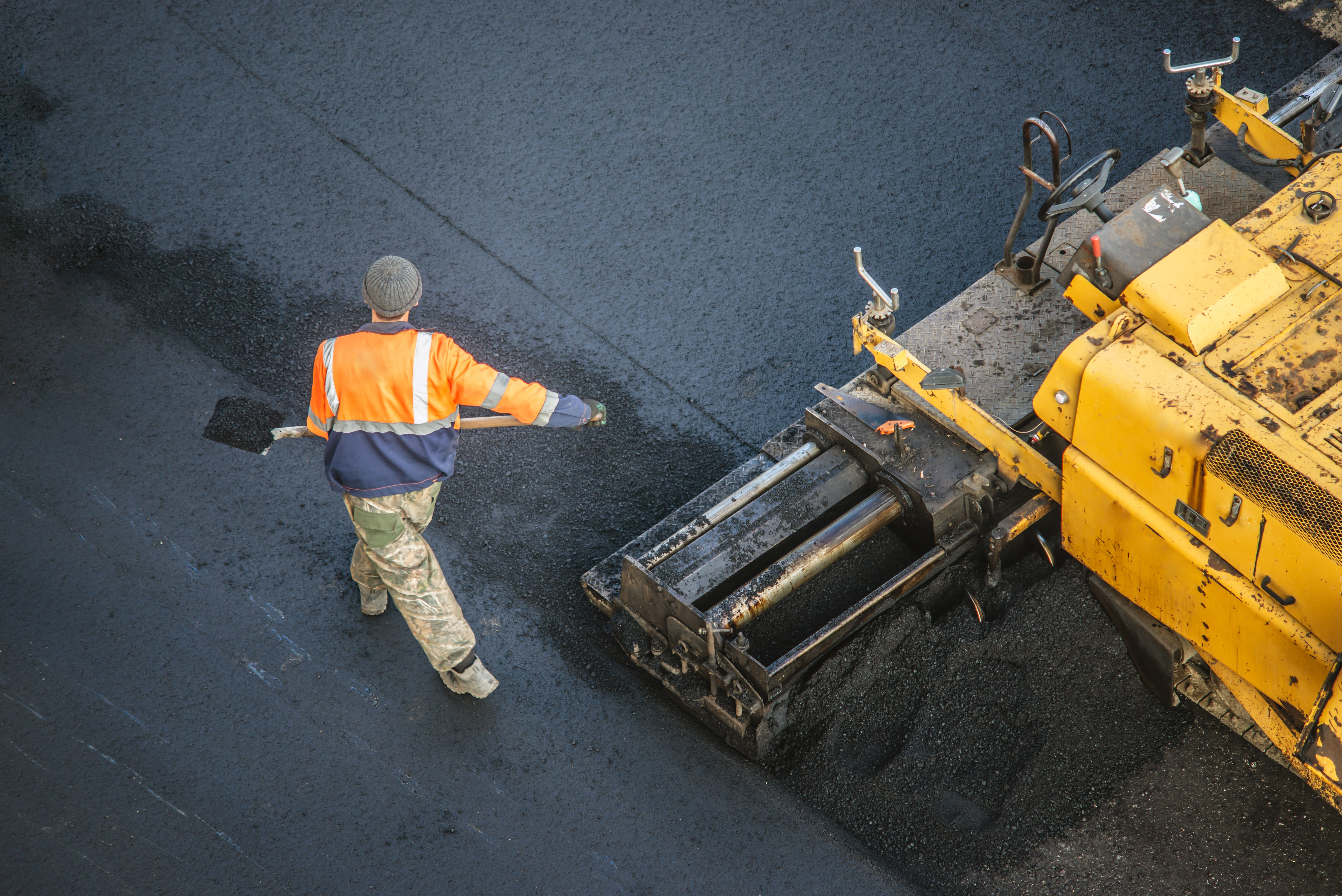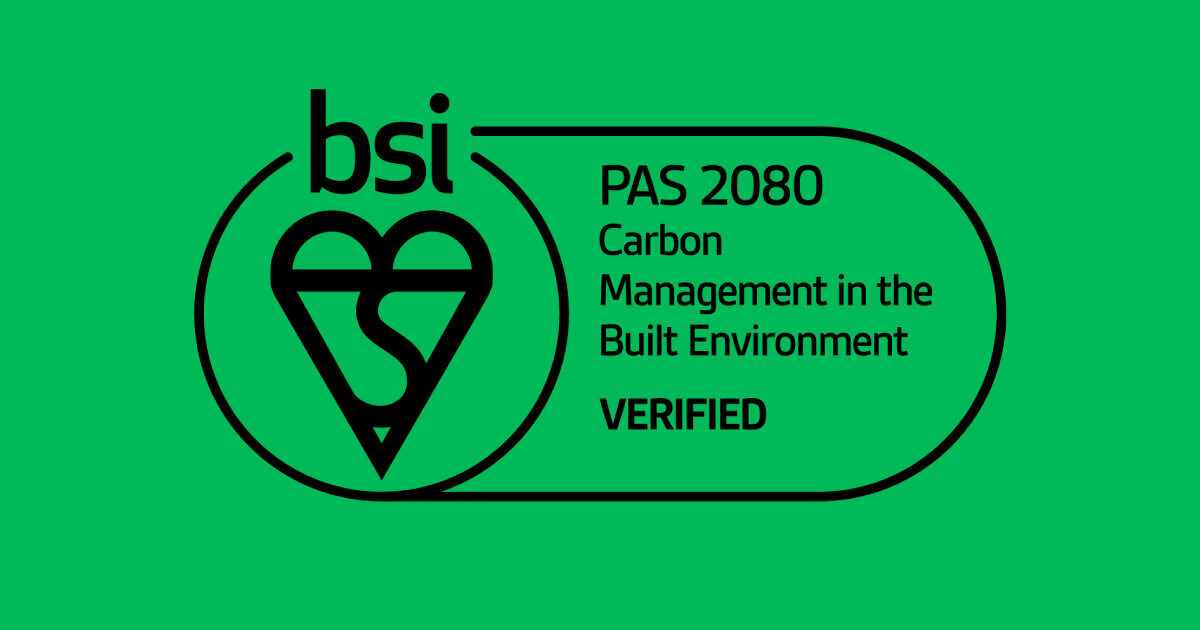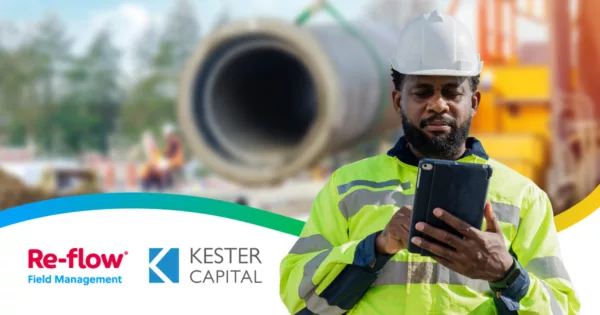
News
Is your highways business ready for decarbonisation?

The pressures and opportunities surrounding decarbonisation were the focus of the Glasgow-based Road Expo 24.
In this article we’ve broken down a few highlights in order to provide a quickfire guide to innovations across highways, construction, and landscaping.

Decarbonising innovations: key insights
Innovative materials
In the talk ‘Innovations in road building to reduce carbon and whole-life cost’ Alan Ferguson, materials advisor to Transport Scotland, discussed a number of initiatives:
- Bio-bitumen: unlike traditional asphalt, bio-bitumen uses no petroleum products or toxic chemicals, making it safer for operatives and more environmentally friendly.
- Warm-mix asphalt: where the reduced temperature in production greatly reduces hydrocarbon use and emissions without compromising durability.
- Laser scanning of roads: after years of using GPS and manual tools, surveyors now leverage 3D laser scanning, greatly enhancing project speed and accuracy, leading to faster jobs and better resource allocation.

Groundbreaking projects
- Project Pothole: taking a more long-term approach to an age-old problem, new surface treatments like thermal road repairs co-ordinated with surface dressing, asphalt preservations, and micro-asphalts look to banish potholes better, for longer. Councils have more opportunity to invest to make long-term savings.
- PAS 2080: ‘PAS 2080 is a global standard for managing infrastructure carbon. Aiming to take on the challenge of decarbonisation, this initiative looks at material production and helps reduce emissions and costs through ‘more intelligent design, construction, and use.’ The Carbon Trust include plenty of resources to help industry leaders realise their carbon- and cost-cutting potential.

Investing in a safer future
- WJ and highway retexturing: the low-carbon option for treatment of SCRIM deficient roads is also cheaper, quicker to work with, and helps extend the life of road networks. Insufficient skid resistance often makes roads up to a few hundred times more likely to cause accidents.
- Corrosion inhibitor technology: Cortec’s Ivana Liposcak discussed how deteriorating concrete, and the metal in concrete, is often the cause of costly repairs, financial losses, injuries, and fatalities. Inhibitor technology is designed to reinforce the metal by forming a protective layer around the metals in a low-toxicity and environmentally beneficial solution.
Broader implications
The innovations presented at Road Expo 24 are part of a host of initiatives aiming to improve efficiency while cutting emissions. Many of these solutions also deliver financial benefits, with cutting-edge technology extending infrastructure lifespans and maximising ROI. However, sustainability in infrastructure goes beyond meeting regulatory requirements: it's about setting new standards and driving the industry forward into a more responsible and future-ready era.
For deeper insights download the Highways Green Report today.



